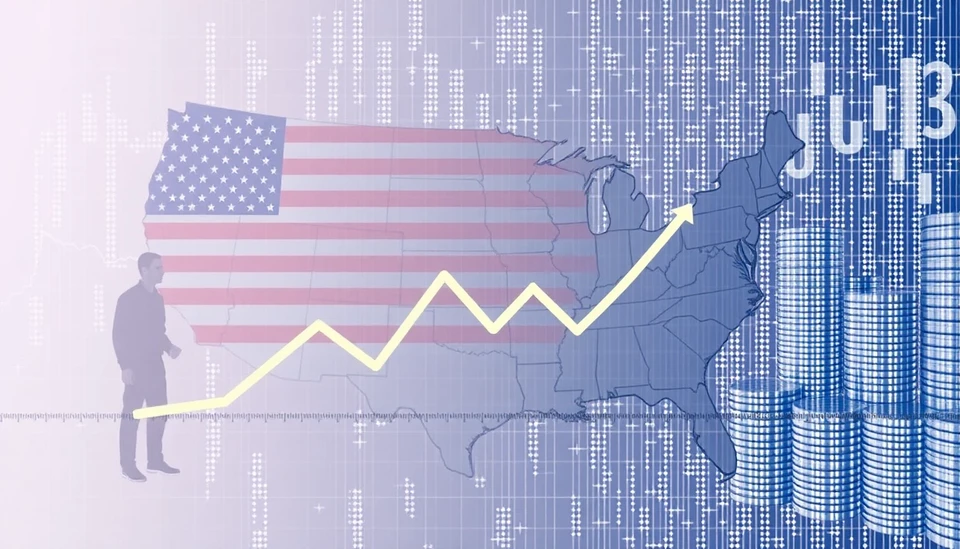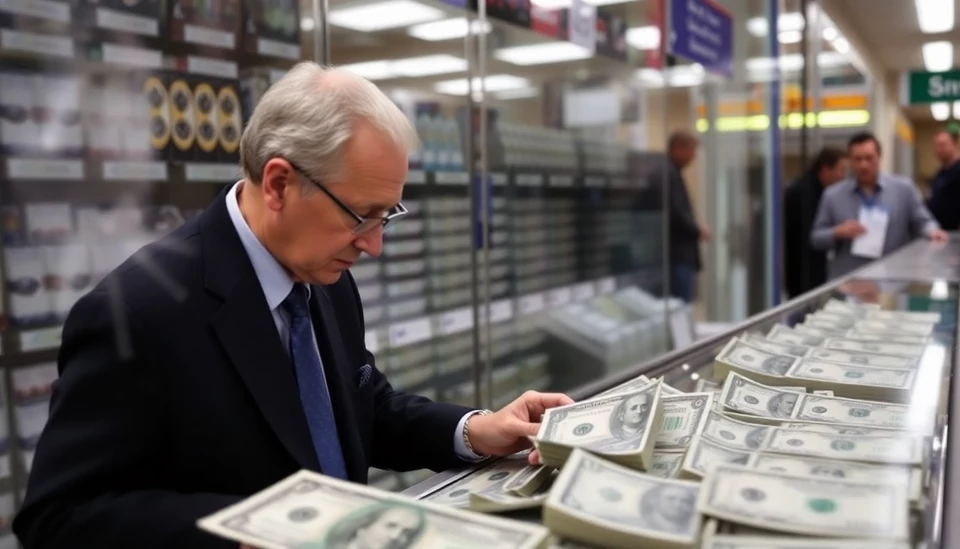
The latest projections regarding US inflation have sparked considerable apprehension among economists and market analysts, indicating that inflation is expected to remain firm in the coming months. This prolonged period of elevated inflation rates has led to growing concerns that the Federal Reserve may be compelled to maintain higher interest rates for a more extended duration than initially anticipated.
As inflationary pressures show no signs of abating, experts are increasingly cautious. The Consumer Price Index (CPI), which is a critical measure of inflation, is projected to reveal a consistent increase, reinforcing the perception that the economy is still grappling with significant price pressures. This situation emerges against a backdrop of recent Federal Reserve policies intended to curtail price increases through a series of aggressive rate hikes initiated over the past two years.
Analysts are now closely watching upcoming data releases, anticipating that results will reveal persistent inflation, particularly in sectors like housing, energy, and food. This trend could potentially lead to continued uncertainty in the market, as rising costs may prompt consumers to tighten their belts, thereby affecting economic growth.
In light of this, Federal Reserve officials have hinted at the possibility of additional rate hikes if inflation data indicates that the economy remains overheated. Investors are increasingly pricing in the likelihood of a more extended period of elevated interest rates, reflecting the Fed's commitment to achieving its inflation targets.
Moreover, experts stress the importance of monitoring inflation expectations among consumers and businesses, as these psychological factors can significantly influence economic behavior and mitigate or exacerbate inflationary trends. If inflation fears take root, it could lead to a self-fulfilling cycle of wage demands and price increases, making it harder for the Fed to steer the economy back towards its target inflation rate of around 2%.
The anticipated inflation data is set to unfold in the forthcoming days, and its implications could reverberate through various economic sectors. Stakeholders, from consumers to investors, are poised to react as the Fed's response to inflation shapes the financial landscape in 2025 and beyond.
As we move forward, the interplay between inflation, Federal Reserve policy, and consumer confidence will be essential to watch, as the trajectory of these elements will undoubtedly influence both the national and global economy.
#USInflation #InterestRates #FederalReserve #Economy #CPI #MarketAnalysis
Author: Rachel Greene




